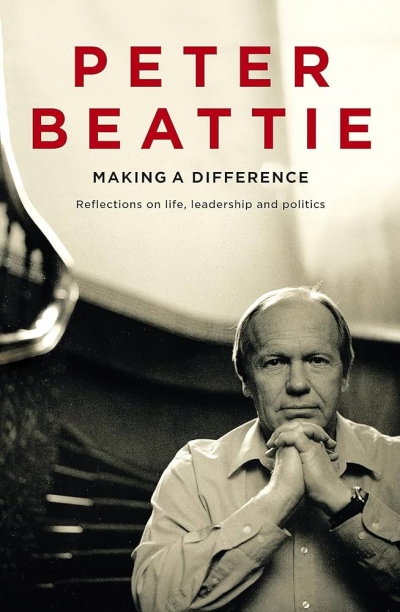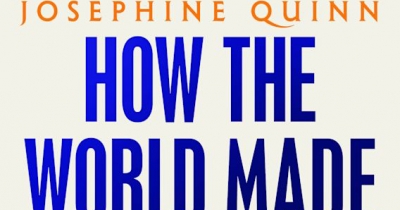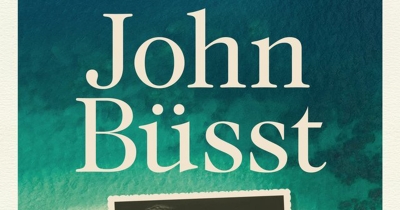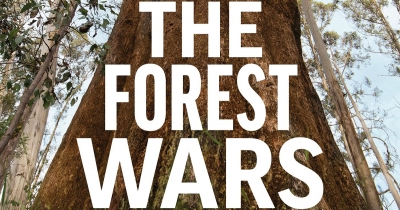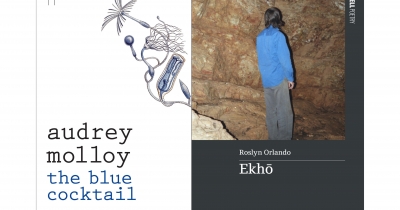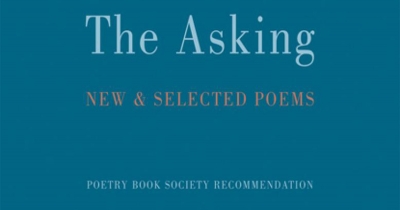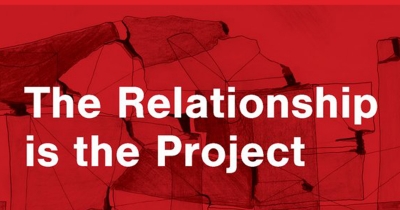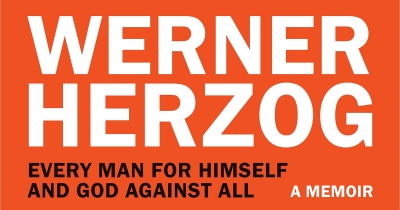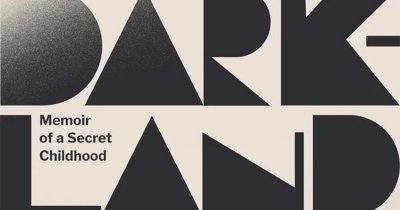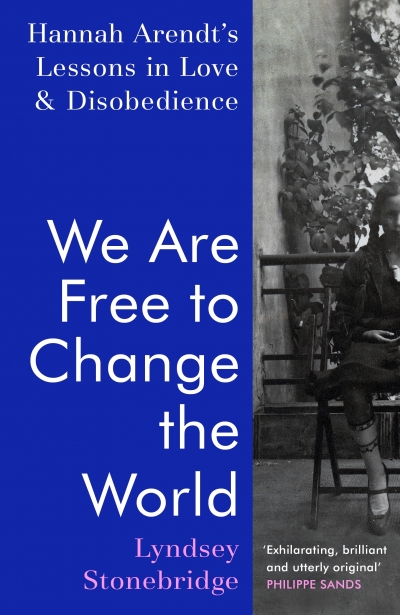Review
Making a Difference: Reflections on life, leadership and politics by Peter Beattie (with Angelo Loukakis)
by John Wanna •
How the World Made the West: A 4,000-year history by Josephine Quinn
by Miles Pattenden •
John Büsst: Bohemian artist and saviour of reef and rainforest by Iain McCalman
by Anna Krien •
Forest Wars: The ugly truth about what's happening in our tall forests by David Lindenmayer
by Dave Witty •
The Relationship Is the Project: A guide to working with communities edited by Jade Lillie and Kate Larsen with Cara Kirkwood and Jax Brown
by Astrid Edwards •
Every Man for Himself and God Against All by Werner Herzog, translated by Michael Hofmann
by Corey Cribb •
We Are Free to Change the World: Hannah Arendt's lessons in love and disobedience by Lyndsey Stonebridge
by Julienne van Loon •

